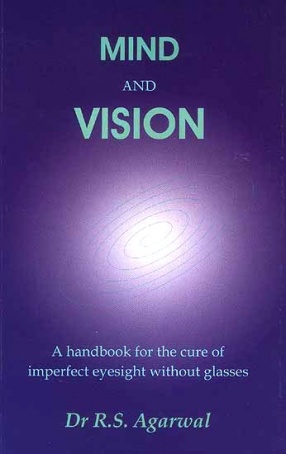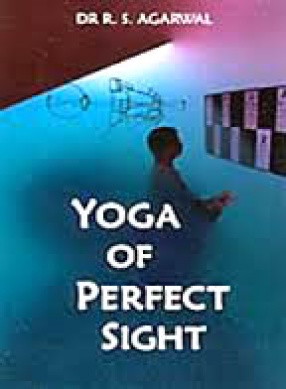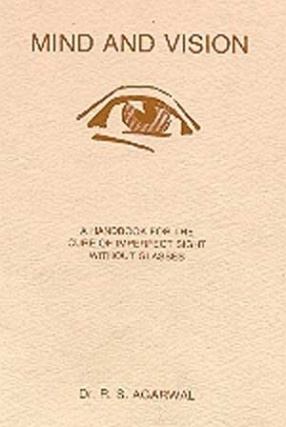Preservation of good eyesight is almost impossible without proper eye education and mental relaxation. The quieter the mind, better is the eyesight preserved.
It is a fact that glasses help many to relieve their discomforts of their head and eyes and enable people to see well at a distance or near, and their use in many cases is imperative. But this is also true that glasses do not check further deterioration and the number of glasses goes on increasing. Often glasses become an added torture to increase the pain and suffering and loss of eyesight. The fast deterioration in eyesight and the development of some serious complication are not prevented by the use of glasses, injections and pills. Therefore, the number of blind people amongst the educated class is fast increasing in spite of all possible medical aid.
The orthodox belief is that for cases of defective eye-sight as myopia and hypermetropia and astigmatism, there is not only no cure, but practically no preventive also. Any rational mind will think such a claim as dogmatic, an imperfection in the ophthalmic science. When the sight begins to deteriorate, there must be some cause for it, and the cause is always an effort to see or strain. The eye being a sense organ is closely associated with the mind in its functioning, and like other sense organs makes no effort to see in its normal course. The normal eye when it makes an effort to see at a distance, its distant vision becomes defective and myopia is produced. When the normal eye makes an effort to see at a near point, its near vision becomes defective and hypermetropia is produced. Glasses neutralize the effect of such conditions but do not relieve the cause of the trouble. So, in many cases, the cause continues increasing by the use of glasses and the sight goes on deteriorating.
It is a well-known fact that vision is a process of mental interpretation. The picture which the mind sees is not the impression on the retina, but a mental interpretation of it. For example, to the good eye the white centre of letter O seems to be whiter than the margin of the page, this is because the mind interprets the retinal image in this way. therefore, our vision mostly depends on our mind’s imagination. Wh4en the imagination is perfect, sight is perfect. But if the imagination is imperfect, sight also is recorded imperfect.
The old writers on ophthalmology did not consider that the mental strain could play an important part in the formation of errors of refraction, hence they isolated the eye while determining the cause and treatment of visual defects and retinal disorders. To rectify the effect of errors of refraction they prescribed glasses. But very little has ever b been claimed about their usefulness except that these contrivances neutralize the effects of the various condition for which they are prescribed, as a crutch enables a lame man to walk. This incurability of errors of refraction is based on the theory that the eye changes its focus for vision at different distances by altering the curvature of the lens.








There are no reviews yet.